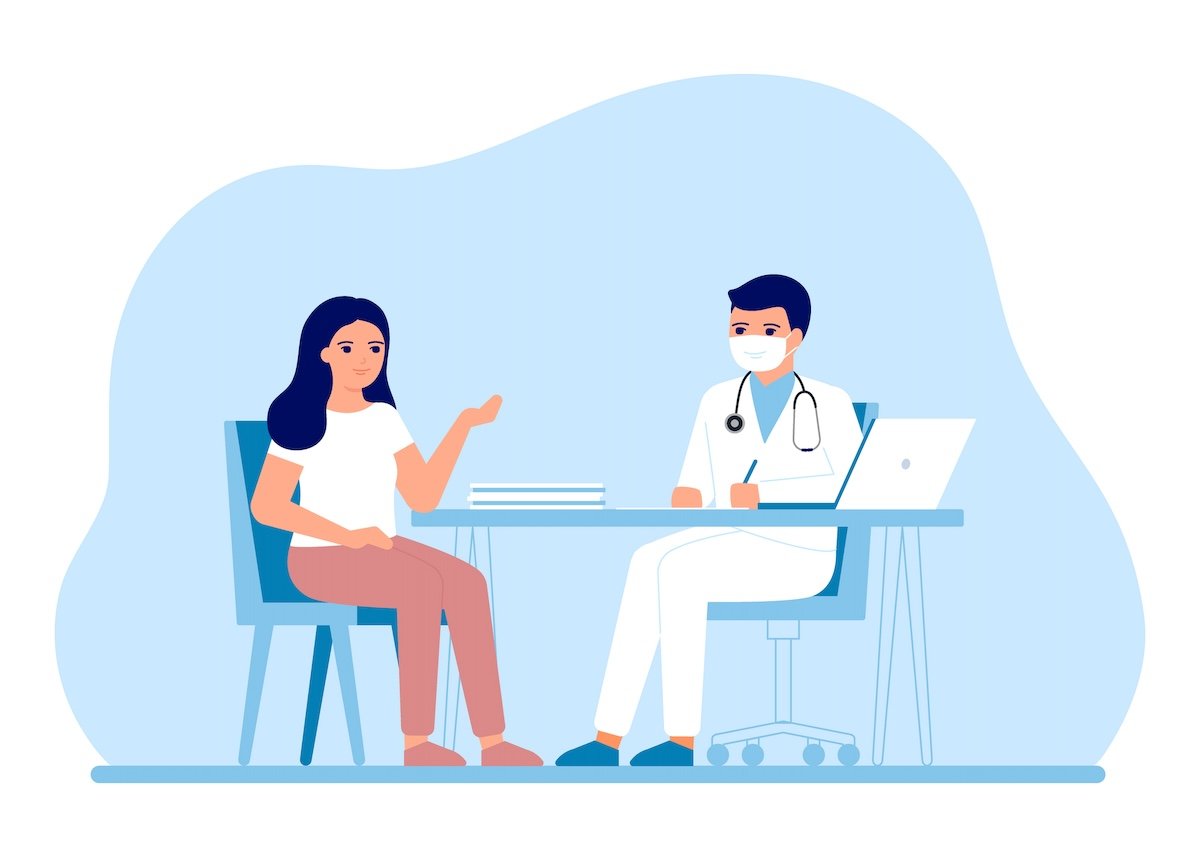Medical Complaints: “Complaining” Vs. Feedback
I’ve always disliked the word “complaint”.
Over the last 30 years as a healthcare provider, I have occasionally received a “complaint”.
And I used to hate it.
Complaint = negative
As a young dental hygienist, complaints made me feel ashamed, horrible at my job and defensive. The perceived offence was never intentional, and I knew I worked hard to do my best. Add this to possible external factors such as falling behind in the schedule, pressure from the dentist or poor equipment, and my reaction to a complaint would be to blame them for being difficult while feeling angry and resentful.
At the time, I felt I was an empathetic person. However, years of personal growth and life experience have, thankfully, granted me even greater empathy and compassion.
Complaint = positive!
I became trauma-informed, the term for understanding, anticipating, and appropriately responding to people who have experienced trauma. A trauma-informed mindset shifts focus from “What is wrong with you? Why are you reacting this way?” to “What has happened to you? How can I help you through this?”
This was a massive shift in my thinking, and as a result, my job and life became easier. I even learned to appreciate complaints, thinking of them positively as opportunities for becoming even better. How can I improve if I don't know what needs fixing or changing?
With this mentality, my passion for empathetic patient-focused care blossomed, and I grew into the steady, patient and openhearted Patient Advocate I am grateful to be today.
The problem: lack of bandwidth
It can be safely assumed that most people who choose a career in healthcare are initially driven by a sincere desire to help others. Unfortunately, external factors such as limited resources, overbooking, exhaustion, toxic work environments, and a lack of training or support can hinder one’s best intentions, especially in our overburdened healthcare system. This leads to a severe lack of personal bandwidth to offer proper attention, care, and consideration for people’s needs and can, unfortunately, result in mistakes and poor behaviour.
The solution: better communication
According to CBC, 53% of medical complaint files in AB were closed, and no action was taken in 2010. However, this does not need to be your experience. There are ways to ensure your voice is heard and your concerns are acted upon.
When making a medical complaint, as a patient, it’s essential to recognize that not everyone has grown past reactivity and defensiveness when receiving negative feedback.
This is why lodging a complaint in a respectful, assertive, well-thought-out way can soften the “blow”, significantly improving how your complaint is received, and how quickly it is acted upon.
Should I even make a complaint? If so, how?
People often hesitate to file a formal medical complaint, worried that it will go nowhere or, worse, that doing so may compromise their future care.
However, if you feel you or a loved one has been wronged, it is important to know your options. In this 4 part step-by-step guide “How to Make a Medical Complaint in Alberta”, you will learn how to decide if you should even make a complaint, steps for writing an effective, respectful yet assertive formal letter of complaint, and how and where to submit it.
Questions? I’m here to help.
It can be intimidating to question healthcare providers or staff about medical care or the care of loved ones.
As a certified independent Patient Advocate, my goal is to educate and empower patients and their families to ask for the respect and care they deserve and to help them navigate the processes of doing so.
If you are unsure or unable to advocate for the needs of another, please contact me to discuss your situation. Our initial conversation is free, and I am an objective sounding board for your concerns. Let’s talk. ❤️



